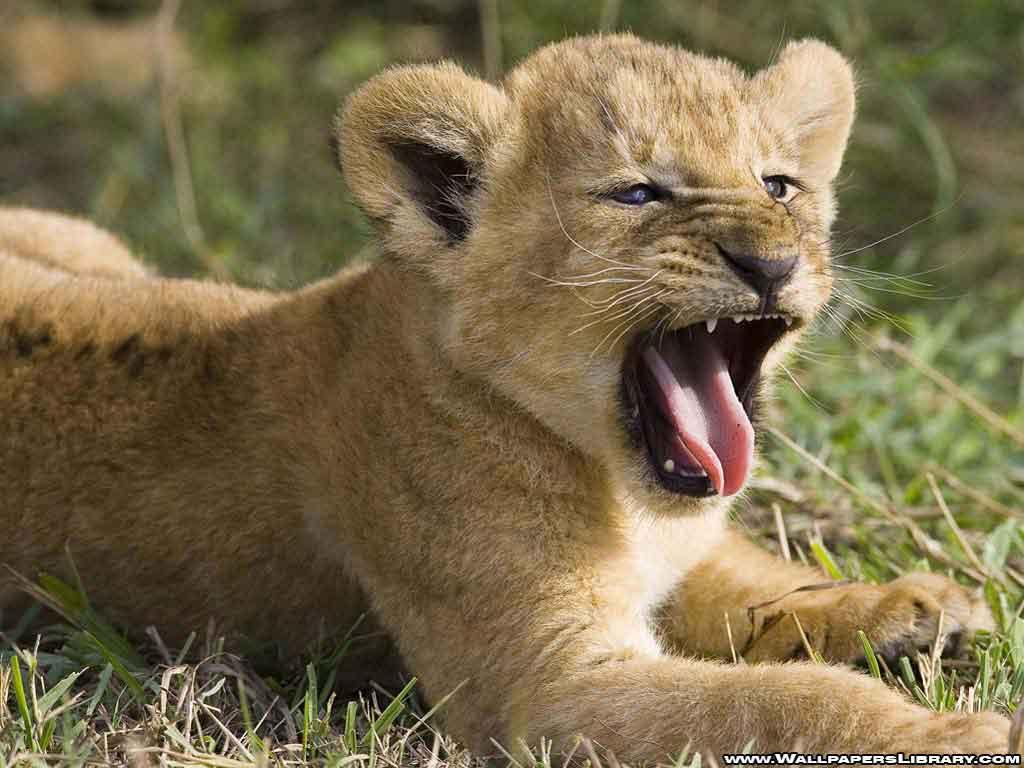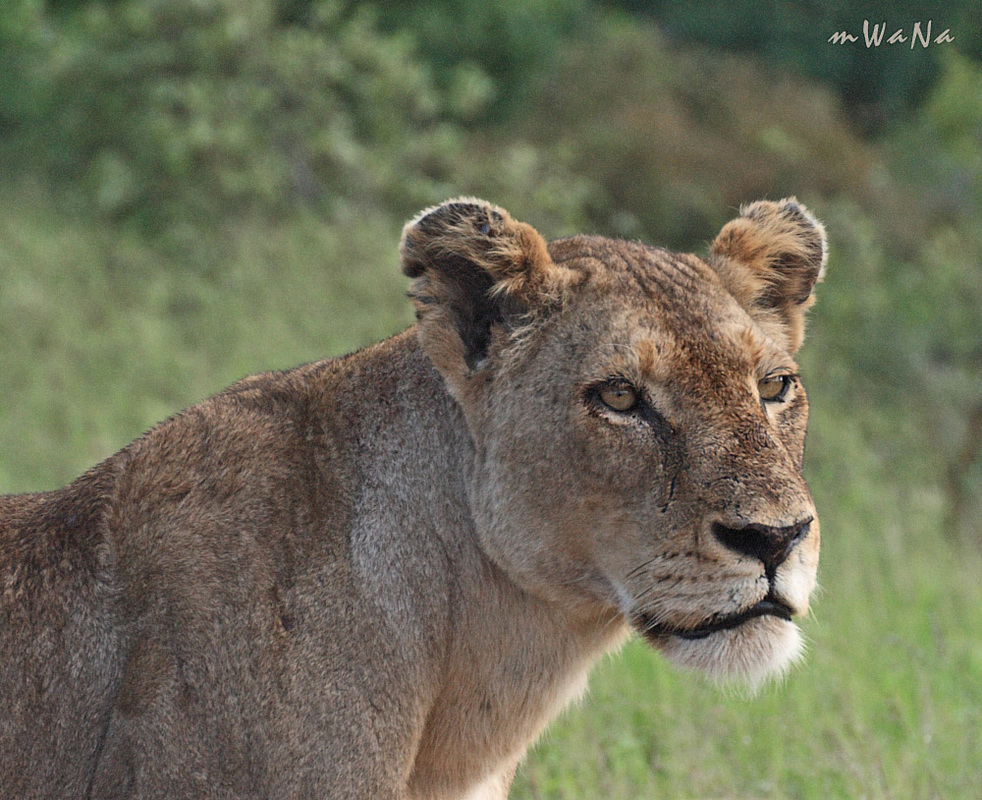
My blog post provoked the usual abusive reaction from the hunting fraternity, as well as a condescending and suitably vague defence of the policy of ‘wise use’ from IUCN and CITES scientists.
No doubt my 70 years in Africa and legal qualifications make me a ‘deplorable’, not a conservationist.
I really do understand how, with the best of intentions, conservation scientists can get it so wrong. They live in the first world where everything works, from government administration to the trains running on time. There they huddle together in their own incestuous circle of specialists and debate policies like ‘sustainable use’ which may well work in the first world, but which becomes sustained abuse in Africa.
I find that conservation scientists in the developed world are as naive as five-year-old children when it comes to dealing with Africa.
Take Cecil the Zimbabwe lion. As soon as the story broke, I warned in a blog that nothing would happen to the crooks involved, because the Zimbabwe legal system was as dysfunctional as its conservation services. I know; I practised law there for many years.
Now we read that Theo Bronkhorst, the sleazy hunter who helped US dentist Walter Palmer to kill Cecil the lion, will not be prosecuted. I really hate to say in this case "I told you so."
The hunting industry in Zimbabwe, as in many other rangeland states, is completely out of control. Policies and regulations are meaningless here. Here it is like the wild west. Read this excellent report by Oscar Nkala to see quite how dire the plight of Zimbabwe lions really is: http://conservationaction.co.za/uncategorized/great-emptiness-upon-us/
White landowners have been thrown off their land and replaced by Mugabe's thugs. The new land invaders have as much interest in, and knowledge of, conservation as those of a dog watching a passing aircraft. Still, complacent CITES and IUCN scientists remain besotted with the policy of sustainable use as if they were attached to it by umbilical cord.
The arrival of the Trump presidency, and his trophy hunting sons who think that being a serial killer of animals makes one a conservationist, will pump yet more adrenaline into an already thrill-crazy US hunting fraternity.
http://www.takepart.com/article/2016/11/11/what-trumps-triumph-means-wildlife
Look how they are exulting already:
http://forums.accuratereloading.com/eve/forums/a/tpc/f/1411043/m/5761064622
The ruling conservation paradigm is to focus on political correctness rather than effectiveness, popularity rather than grim purpose. The conservation herd has agreed that conservation can only succeed if it can be marketed to rural African land dwellers as a financial benefit to them. In other words, it is a case of all carrot and no stick.
I can see the appeal of giving rural dwellers in Africa an incentive to conserve, but 70 years in Africa has taught me that along with the carrot must also come the stick, and of the two, the stick is more important.
Conservationists who focus on the carrot and decry the use of the stick are naive. Paying off local hunters not to hunt is the conservation equivalent of the Roman Empire trying to keep the barbarians out by paying tribute. That only made the barbarians stronger and bolder, and hastened the fall of the Roman Empire. The same will happen here.
Here is how:
Say that a bullet only costs one dollar and that the local hunter can get five dollars for a monkey’s hand. The monkeys are finished. To save the monkeys you, the well-intentioned conservationist, offer $10 to the local hunter not to kill monkeys. He will thank you and say all the things you want to hear. Do not confuse a lack of compassion for wildlife with stupidity. So he'll take your $10, use it to buy bullets, and go out and kill 10 times the number of monkeys.
It is simple arithmetic: this way he gets both your $10 and the $5 for each monkey’s hand. Congratulations! You have helped him to grow his business tenfold.
Thus the carrot and no stick approach will hasten the extinction of Africa is wildlife. And if you have to use the stick anyway, why waste money enabling the hunter to do much greater harm with the carrot?
Of course the militarisation of conservation carries its own dangers and these are currently being researched at the Marjan Centre of the War College in London. However it is the only strategy that seems to work. Two examples come to mind: Haiti and Botswana.
Having stripped their half of the island of Santa Dominica of all the trees, desperate Haitians began looting the adjacent forest in the Dominican Republic. President Trujillo sent in the army. There was no need for genocide or large loss of life. Once a few Haitian looters had been shot, the Haitians got the message – the forests were off limits. The forests were saved.
The Botswana army has for several years now been using military counter- insurgency tactics to save their elephants and other valuable wildlife from Zambian poachers.
In both cases though, it is notable that lethal force was being used against alien invaders, not against their own citizens.
Richard Leakey’s book Wildlife Wars, gives a good insight into the shoot-to-kill policy that was adopted in Kenya. And there it succeeded very well too. But when I attended the wildlife symposium in Nairobi in 2007, I met several Kenyan Park Wardens to all told the same story - that they were powerless to prevent locals from grazing their livestock in to the wildlife reserves owing to political interference.
In my deplorable view, we do not need scientists to save Africa’s wildlife. We need more trained and well-equipped boots on the ground. The tens of millions of dollars wasted on COP 17 would have saved millions of animals if they had been used instead, to outfit, train and pay anti-poaching units.
The vast sums mal-invested in conservation bureaucracy, scientists and international talk shops like COP 17, are a distraction from the true needs of conservation.

